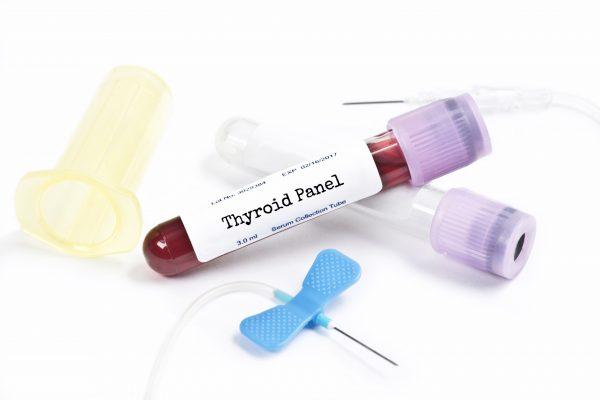Thyroid conditions generally fall into two categories: hypothyroidism and hyperthyroidism. The most common thyroid problem is hypothyroidism, an underactive thyroid, which leads to a slow metabolism, hormonal imbalances, a weak immune system, muscle pain, weight gain, fatigue, dry skin, hair loss, heart problems, and much more.
How To Tell If Your Thyroid Is Slow

Naturopaths and many of the more progressive physicians and endocrinologists are using a combination of lab tests and looking at symptoms Photog/Shutterstock





